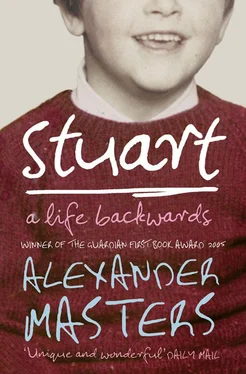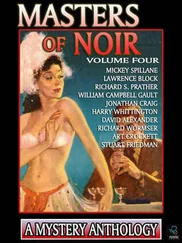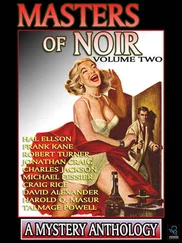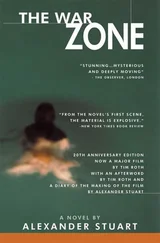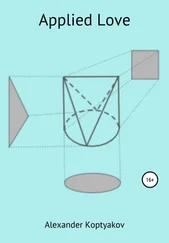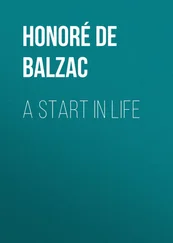A lady with a silk headscarf observed wisely that as the undercover operation had also depended on two officers dressing up as tramps and buying heroin from dealers during lunch – a subsidised meal of spaghetti and meatballs, which, in order to lend verisimilitude to their plot, the officers had shared – the police could be sued for defrauding the charity.
The bursar of St John’s College – lawyer, mathematician, former Conservative mayor of the city – wondered about sending writing paper to Ruth and John: was it better to put it in the post sealed, in bundles of three pads, or unsealed, in single sheets?
Another lady suggested throwing stones at the judge’s windows. But each idea ended in the discovery that words are just words and jail bars are made of metal.
Everyone agreed that we must send Ruth and John dozens of books to keep them occupied until we got them out – as we surely would.
It was at this point that a soft voice, vaguely familiar to me, butted in from the front row.
‘Excuse me, but that won’t work.’
The green bomber jacket struck a chord, too.
‘Why not?’ demanded our chairwoman.
‘They won’t fit in the box.’
‘Box?’
‘For the inmate’s belongings. Alright, in Whitemoor and Long Lartin, in them top-security jails, you’re also allowed a piece of carpet, what don’t fit in the box, and a budgie or a canary, and obviously the cage ain’t going to fit in the box. Books won’t fit in the box. The screws’ll chuck ’em out.’
It was Psycho. Knife Man Dan. Stuart Shorter. Wearing the same clothes as when I’d first seen him round the corner from Sainsbury’s, a year before.
‘So each inmate has a box?’ someone asked.
‘Two boxes. One in possession and one in reception. I’m not being funny, but you should know about boxes if you’re going to have a campaign.’
The most important thing we could do, he persevered, was write letters, send stamps, and not expect to get replies. Letters go missing. Depression comes.
Stuart stood as he was talking. The chairwoman demanded it, and it appeared to cause him a little trouble to find his balance. He was about five foot six, bow-legged and anaemic. His hands he kept shoved in his jacket pockets like a man on the sidelines during a cold football match. He raised his voice for a few words when people at the back called out ‘Louder!’ ‘Speak up!’ then forgot himself and lapsed back into his regular murmur. But he would not stop talking. It was as though, having tasted at last what lack of diffidence was like, he was determined not to lose a single second of the pleasure.
‘Don’t expect the visits to go well, neither. See, because visits is only two hours every two weeks, when you’re a prisoner you build yourself up to such a pitch that when the visit comes it can’t go right. It’s not –’ directing himself at John’s wife – ‘that he don’t love you, it’s just that visits is all what you live for when you’re inside.’
‘Because if most men are true,’ he observed a moment later, ‘when they go back to their cells that’s when you know the loneliness. You can’t take it. You know the loss.’
And about the stone throwing, Stuart was adamant. ‘I understand the old dear there is feeling rageous, but prison is all about having privileges and taking them away. If you break the judge’s windows it’s Ruth and John what will suffer.’
‘How can they suffer more?’ an indignant man called out. ‘They’ve taken away their freedom and their dignity, what else is left?’
‘Their wages,’ replied Stuart.
A silence.
Then a bemused female voice from the other side of the room: ‘Prisoners get wages ?’
Конец ознакомительного фрагмента.
Текст предоставлен ООО «ЛитРес».
Прочитайте эту книгу целиком, купив полную легальную версию на ЛитРес.
Безопасно оплатить книгу можно банковской картой Visa, MasterCard, Maestro, со счета мобильного телефона, с платежного терминала, в салоне МТС или Связной, через PayPal, WebMoney, Яндекс.Деньги, QIWI Кошелек, бонусными картами или другим удобным Вам способом.
